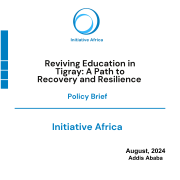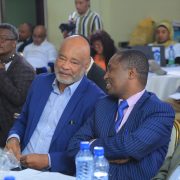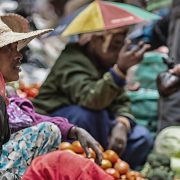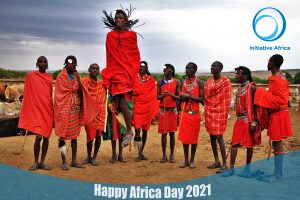Reviving Education in Tigray: A Path to Recovery and Resilience
By: Daniel Mekonnen Yilma
Executive Summary
The Tigray region of Ethiopia is grappling with a profound educational crisis resulting from the compounded effects of the COVID-19 pandemic and a devastating conflict that has spanned two years. The education system has faced near-collapse due to prolonged disruptions. The Pretoria Peace Agreement, signed in November 2022, offers a critical opportunity to address these challenges and restore educational services. However, despite this peace agreement, significant issues remain that hinders the return to normalcy in education.
The purpose of this policy brief is to present a comprehensive analysis of the current state of education in Tigray, highlighting the severe impacts of the conflict and the pandemic, with the intention of informing and influencing the action of civil societies, NGOs and IGOs working in the education sector and regional and federal government officials. The data reveals that a substantial portion of students remains out of school, and many schools are either severely damaged or occupied by internally displaced persons (IDPs). The recommendations outlined herein aim to restore and improve the education system, focusing on infrastructure repair, provision of scholastic materials, support for Accelerated Learning Programs (ALP), and addressing security and human resource challenges.
Key points
- Severe Educational Disruption: The Tigray region’s education system has been severely disrupted by the COVID-19 pandemic and a devastating two-year conflict, leading to extensive damage to school infrastructure and significant drops in student enrollment.
- Low Student Enrollment: Only 40% of the targeted students were enrolled in the 2023/24 academic year, leaving 1,487,600 students, including 729,267 girls, out of school. The Central and North Western zones are particularly affected by high rates of out-of-school children.
- Widespread Infrastructure Damage: The conflict has resulted in extensive damage to educational infrastructure, with 74.9% of schools partially damaged and 19.1% completely destroyed. Many students are forced to learn in temporary or unsafe conditions, severely impairing their educational experience.
- Teacher and Human Resource Shortages: The region faces a critical shortage of teachers, with 16.1% (2,434) more teachers needed. The conflict has also left many teachers demotivated due to prolonged unpaid salaries, further exacerbating the educational crisis.
- Psychological Trauma: The war has caused widespread psychological trauma among students and teachers, with significant learning loss and evidence of substantial psychological distress, including high levels of post-traumatic stress disorder (PTSD) among teachers.
- School Feeding Programs as a Solution: School feeding programs are identified as a critical intervention to mitigate the effects of drought and famine, enhance students’ ability to attend school, improve their health and concentration, and incentivize parents to send their children to school.
- Crowd-funding as a Strategic Policy Option: Crowd-funding is proposed as an innovative mechanism for raising funds for school feeding programs, engaging NGOs, IGOs, the private sector, and the diaspora to expand and sustain these initiatives effectively.
- Increased Focus on Female Students: The educational crisis disproportionately affects female students, necessitating targeted interventions to address their specific needs and challenges, particularly in the aftermath of the conflict.
- Need for Comprehensive Psychosocial Support: Comprehensive psychosocial support for both students and teachers is essential to address the widespread trauma, reduce learning loss, and promote mental well-being, which are critical for restoring the education system in Tigray.
- Call for Collaborative Efforts: The policy brief emphasizes the need for collaborative efforts among various stakeholders, including the government, NGOs, international organizations, and the private sector, to rebuild the education system in Tigray and ensure long-term resilience and sustainability.
Full Policy Brief: https://initiativeafrica.net/wp-content/uploads/2024/08/Policy-Brief-Final-4.pdf

